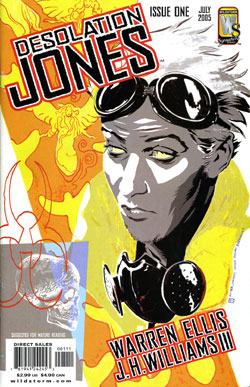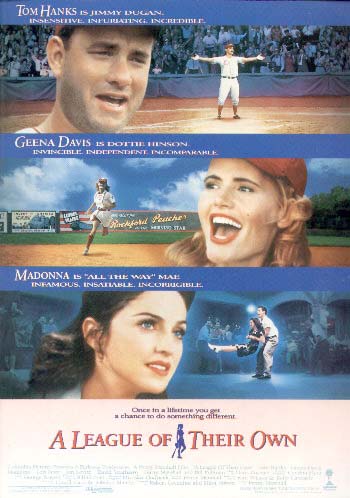
Queen to-be means Princess, and the Princess in question refers to Anne Hathaway, aptly named Mia in The Princess Diaries. MIA, before she came along, meant Missing In Action, and that might sum up the flaws of this movie; missing in action and motivation.
The movie jumped around a lot, and not always from important bit to important bit. There was plenty, too many, scenes that were uncalled for. A shining example would be the whole dinner scene where Mia sets fire to an arm, gets the Genovean Prime Minister and his wife to mimick her mouthfreeze and trips the drunk whats-his-face man sitting next to her. So she made a fool of herself, was that the point? That was too long a scene to waste on showing what has been constantly established throughout the show - that she's clumsy and uncouth. The dinner scene also manifests one of my biggest gripes with the movie. What was the point of having those bizarre characters like the Japanese/ Chinese man who just says 'No' and laughs at nothing? And what was Jeremiah the red head pick-a-card magician for - except as an impetus for Mia to smear Mandy Moore's cheerleading outfit? And seriously, couldn't the director come up with a better form of revenge than dirtying her clothes?
As far as chick flicks go, this is definitely one of the reasons people smirk when you say you like chick flicks. The Princess Diaries was fun enough, but lacked a wholesome understanding of the material and characters in the movie. Julie Andrews might have upped the show a notch if they didn't have her knighting two buffoons under the Genova Order of the Rose with an emergency brake. That act was utterly lacking in any and all sense and completely moronic. That act was supposed to be the action that humanizes Julie Andrews' cool character and shows audiences that, oh! she has a softer side after all. But all it really accomplished was to make me roll my eyes and turn away wondering why I wanted to watch the movie in the first place.
But now it seems I didn't like The Princess Diaries, which isn't true. After all, I would be a bloody hypocrite if all I did was to criticize the movie when I admitted that this wasn't the first time I've watched it. I'm upset that it wasn't a better movie, and even more disappointed when the sequel didn't improve. A sequel is almost like a second chance to get things right if you didn't in the first (look how the Harry Potter series screwed that up) and the producers completely wasted that chance with Princess Diaries 2. The only reason the sequel was made was thanks to Anne Hathaway, who was very 'watchable' in her debut in this first Princess Diaries. I don't think she was outstanding or brilliant but hey, the awards thought otherwise. I enjoyed her Ella Enchanted performance much, much more. But that movie had rather decent source material - I actually read the book.
So maybe the flaws of The Princess Diaries lie within the source material, that is, Meg Cabot's book. I haven't read her stuff but as far as my knowledge of most chick lit goes, they can really numb any intelligent molecule in your brain sometimes. So maybe it wasn't the director's fault that he chose weird scenes to place weird people saying and doing meaningless things, maybe he chose the best scenes that the book offered. If that's the case, I'm not reading the book.
At any rate, I took away a few things from this movie; mostly quotes that the movie took from elsewhere - "No one can make you feel inferior without your consent" (Eleanor Roosevelt) and this long one "Courage is not the absence of fear but rather the judgment that something is more important than fear. The brave may not live forever but the cautious do not live at all." from Mia's deceased father Crown Prince Eduard Christoff Philippe - that's another long one so let's not go there.
I think I'll go watch Ella Enchanted now.


























